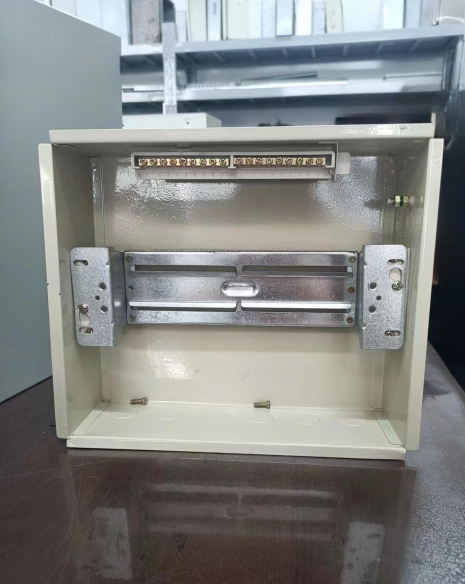
The Evolution and Importance of Corrugated Tile Machines
In recent years, the demand for corrugated tiles has seen a significant rise, driven by the growing need for durable and efficient building materials in the construction industry. Corrugated tiles, known for their unique wave-like structure, offer numerous advantages, including strength, durability, and aesthetic appeal. To meet this escalating demand, the corrugated tile machine has emerged as a pivotal tool in manufacturing.
The corrugated tile machine is a specialized piece of equipment designed to produce corrugated roofing and wall tiles from various materials such as metal, PVC, and composite materials. These machines are engineered to carry out several processes, including feeding, forming, cutting, and stacking, all of which are essential for producing high-quality tiles efficiently.
One of the key features of modern corrugated tile machines is their automation. Advanced technology has led to the development of fully automated systems that significantly reduce labor costs while increasing production speed. Automation not only improves efficiency but also enhances precision, ensuring that each tile maintains consistent quality across large production runs. This is crucial because any variation in size or shape can compromise the structural integrity of the final product.
The manufacturing process begins with the feeding of raw materials into the machine. Once inside, the materials move through a series of rollers that apply varying degrees of pressure, resulting in the distinctive corrugated shape. Some machines also incorporate heating elements that soften the materials, making them more pliable and easier to form into the desired shape. After the shaping process, the tiles are cut to size and made ready for stacking and packaging.

The versatility of corrugated tile machines allows them to produce a wide range of tile types, catering to different markets and construction needs. For instance, metal corrugated tiles are popular in industrial applications due to their long lifespan and resistance to harsh weather conditions. On the other hand, PVC tiles are often used in residential settings, offering a lightweight, cost-effective solution with good insulation properties.
Apart from production capabilities, the efficiency of corrugated tile machines also makes them an attractive investment for manufacturers. The machinery’s ability to operate continuously with minimal human intervention not only boosts output but also reduces the likelihood of errors. This is particularly beneficial in meeting tight project deadlines and maintaining competitive pricing in the market.
Sustainability is another critical factor contributing to the growth of the corrugated tile industry, which also impacts the design of tile machines. Many manufacturers are now focusing on producing machines that can handle recycled materials, contributing to a more sustainable production process. Additionally, innovations in energy efficiency have led to machines that consume less power, further minimizing their environmental footprint.
As the construction industry continues to evolve, the role of corrugated tile machines will inevitably grow. With advancements in technology and an increasing emphasis on sustainable building practices, these machines are likely to play a crucial role in shaping the future of roofing and wall materials.
In conclusion, corrugated tile machines are essential tools in the expanding construction sector. Their ability to produce durable and aesthetically pleasing tiles through automated processes highlights their importance. As the industry moves towards greater efficiency and sustainability, investing in advanced corrugated tile machines will prove beneficial for manufacturers aiming to meet the dynamic demands of modern construction.